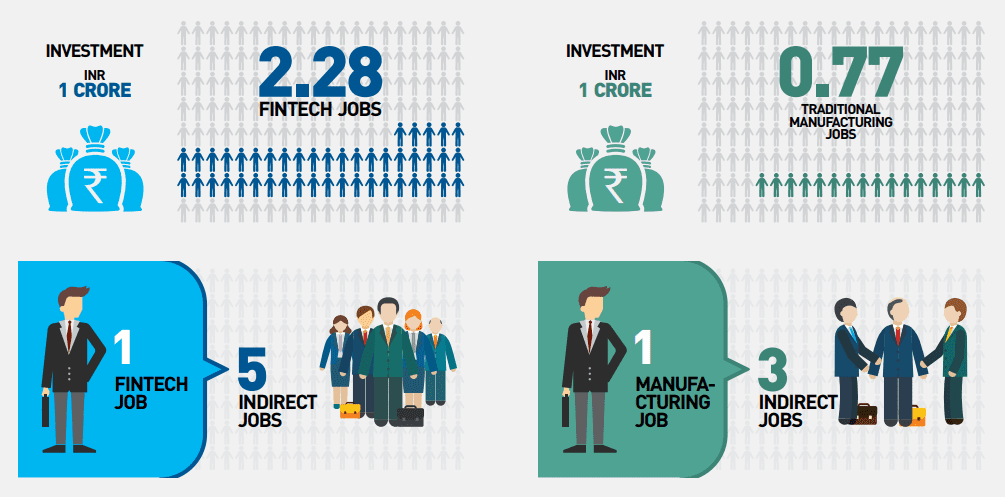How to Prepare for a Fintech Interview
Interviews and nervousness come hand in hand. The moment the term interview
pops up, the heart rate increases and the brain starts feeling unwanted stress. Even
the slightest thoughts of entering the interview room give us chills! It indeed requires
a lot of hard work to excel in something, and the same goes for an interview as well.
But unnecessarily worrying about something is not the solution. It's like wandering in
a jungle with no sense of direction.
In the fintech industry, an interviewee is supposed to have a good understanding of
not only the financial but also a technical domain. Following is an approach that will
help you guide in the preparation for a fintech interview.
Step 1:
Be very clear with the requirements including the necessary and preferred
qualifications in the job description. If not enough information is available, conduct
research about the company and the job requirements.
Financial technology is a vast domain, hence a clarification about the job role is a
must!
Step 2:
Make it a habit to follow the news every day to stay updated with the ongoing
changes in the fintech industry. Follow online portals dedicated to fintech and make it
a habit to practice different types of questions every day.
Be thorough with the basic concepts pertaining to fintech. Pay more attention on the
practical aspects and how it can be applied as a solution to the real-world problems.
Step 3:
After the first two steps are done, there comes the time to go deeper into the actual
concepts. A good understanding of technology domains such as blockchain,
cryptocurrency, artificial intelligence, machine learning, virtualisation is a must.
Concerning the finance domain, a good knowledge relating crowdsource funding,
traditional banking, insurance, budgets are highly appreciated.
Having a practical experience along with the theoretical knowledge serves as an
icing over the cake.
Step 4:
During the interview, an interviewee should portray an inherent willingness to adapt
to the changes according to the needs of the organisation. There should be a zeal in
the eyes of the individual to learn about fintech and its applications.
Step 5:
A resume is vital for any job role as it is the first impression offered to an
organisation about an individual. So, make sure that you have an effective resume
that suits the requirements of the job well. Also, quote work experiences from your
resume relating to the fintech role you are applying for.
Step 6:
Apart from the work experience, ensure that you have valuable certifications relating
to the fintech field. It is very important for a newbie who is about to enter the job
industry.
Step 7:
Refrain from being a jack of all trades but master of none. It is impossible to know
everything about something. So, it does not matter if you do not know about
everything in the applying domain. But make sure you have relevant skills to perform
the required operations if selected for the applied role in the fintech domain.
Fintech abbreviated as financial technology requires people to have a good and clear-cut understanding of the financial and technological fields. When it comes to job
opportunities in the industry, it is vast. Since it is related to both the finance sector
and technological sector, there is a need for developers, skilled technical
professionals and cybersecurity experts. An individual having a good understanding
of banking, ledgers and currency management is also required. Hence, it is a field of
numerous applications and opportunities that calls for a really good understanding of
the job roles and relevant concepts.






